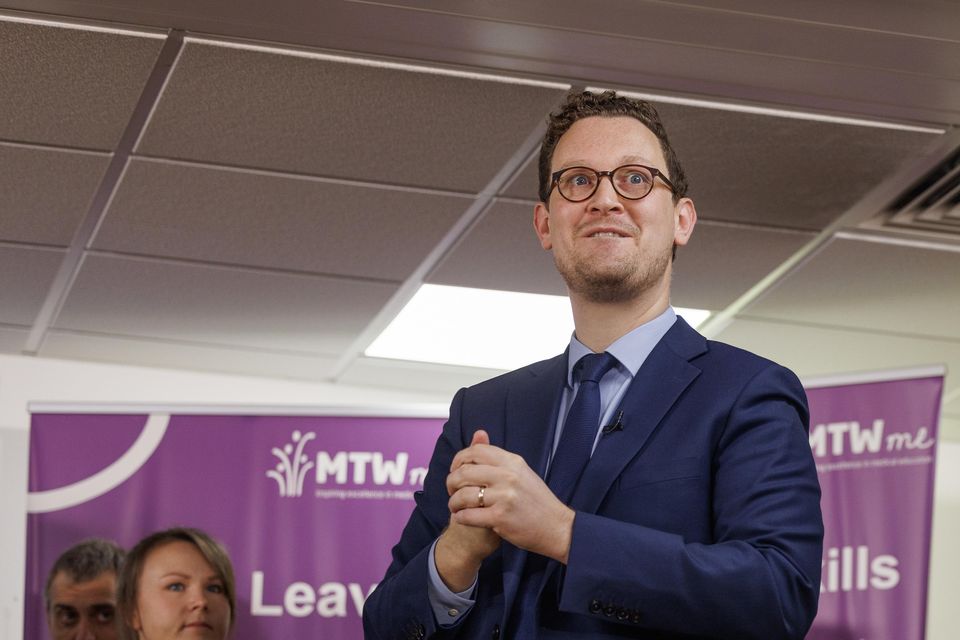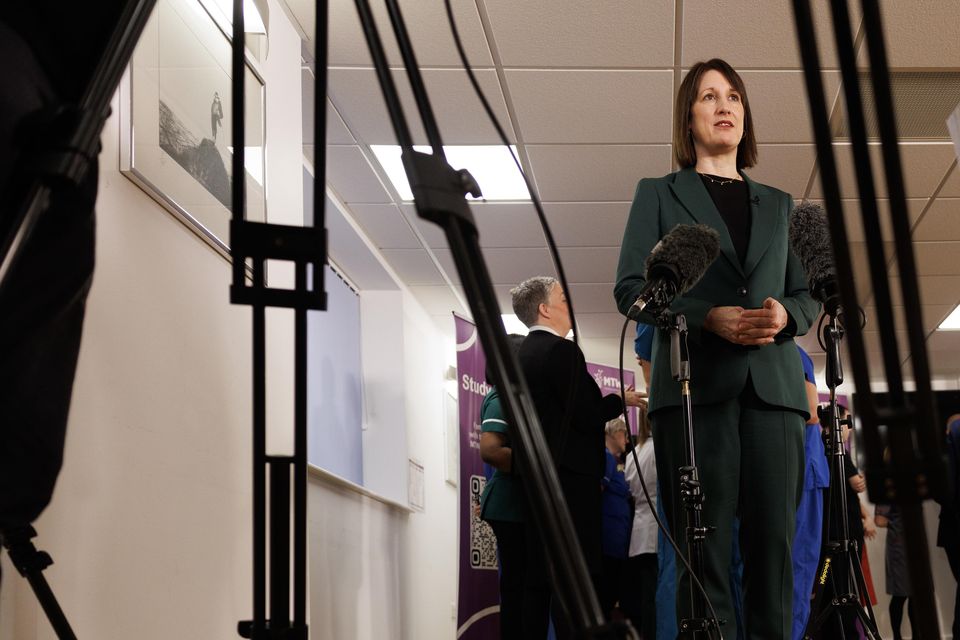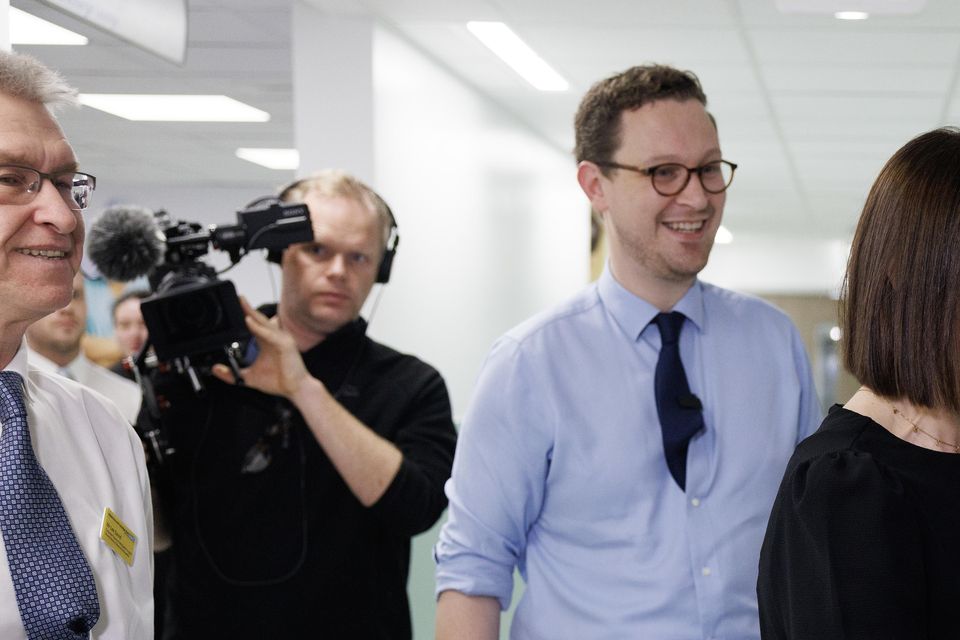Rachel Reeves has insisted her call for Whitehall departments to find savings of 5% was different from cuts under austerity-era Tory chancellor George Osborne.
The Chancellor said there would be a “real-terms increase” in Government spending despite departments being told to meet the target in order to drive out “waste”.
Ms Reeves and Treasury Chief Secretary Darren Jones have begun work on a sweeping multi-year spending review which will be published in 2025.
Chancellor of the Exchequer Rachel Reeves, right, and Chief Secretary to the Treasury Darren Jones announced the launch of Phase 2 of the Spending Review (Dan Kitwood/PA)
Speaking to BBC Radio 5 Live, she downplayed comparisons between her approach and that of David Cameron’s chancellor Mr Osborne.
“The difference here is that we’re not asking for cuts because we’ve set real-terms increases to Government spending. George Osborne cut government spending,” she said.
“Real-terms spending will increase during the course of this Parliament, but we need to drive out wasteful spending so that we can redeploy waste to productive things that Government do.”
Ms Reeves said she had “no doubt” departments would be able to identify the necessary savings so spending could instead be focused on the Government’s priorities.
But the Treasury acknowledged that would inevitably mean “difficult” decisions – suggesting the axe would fall in areas which were not part of Sir Keir Starmer’s “missions” for government.
The Chancellor, visiting a Kent hospital on Tuesday, said: “I have no doubt that we can find efficiency savings within Government spending of 5% and I’m determined to do so.
“Because it’s through finding those efficiency savings that we will have the money to spend on the priorities of the British people.
“So part of this spending review will be cracking down on waste, cracking down on non-priority spending, so that we can focus on the issues – whether that is improving living standards, ensuring our streets are safe, or indeed reducing waiting times in the NHS.
“Those are the people’s priorities, and that is what we will be focusing on in the spending review.”
Ms Reeves downplayed comparisons between her approach and that of David Cameron’s chancellor George Osborne (Dan Kitwood/PA)
Every pound of departmental spending would face a “line-by-line review”, with external experts brought in to scrutinise budgets as Ms Reeves vowed to use an “iron fist” to squeeze out waste.
“We’ve set the budget for this parliament. Public Services now need to live within that spending envelope that’s been set out, and that means ruthlessly focusing on the priorities of this government and of the British people,” she said.
Launching the next phase of the review, Ms Reeves said: “The previous government allowed millions of pounds of taxpayers’ money to go to waste on poor-value-for-money projects. We will not tolerate it; I said I would have an iron grip on the public finances and that means taking an iron fist against waste.”
Under the Treasury’s plans, departments would ensure budgets were examined by “challenge panels” of experts including former bosses from Lloyds Banking Group, Barclays Bank and the Co-operative Group.
These panels would advise on which spending “is or isn’t necessary”, the ministry said.
The Chancellor visited a Kent hospital on Tuesday (Dan Kitwood/PA)
Shadow Treasury chief secretary Richard Fuller said: “Delivering value for money for the taxpayer is a noble goal, but Rachel Reeves’s record so far has been to dole out inflation-busting pay rises to Labour’s union paymasters whilst mandating nothing in return, and making no reforms to public sector productivity or welfare spending.”
Ms Reeves also dismissed parallels drawn between the Government’s appointment of outsiders to review spending and US President-elect Donald Trump bringing businessman Elon Musk into his inner circle.
“You’re bringing in outsiders to make savings, you’re like Donald Trump bringing an Elon Musk aren’t you?” 5 Live presenter Matt Chorley asked her.
“I think it is perfectly sensible to bring in people who have done spending reviews in the private sector, in their businesses, to give us a fresh pair of eyes on what government are spending money on, and to help drive efficiency improvements,” the Chancellor said.
“I don’t think that many people are going to compare me to Donald Trump, for using British business people to help get value for money.”


